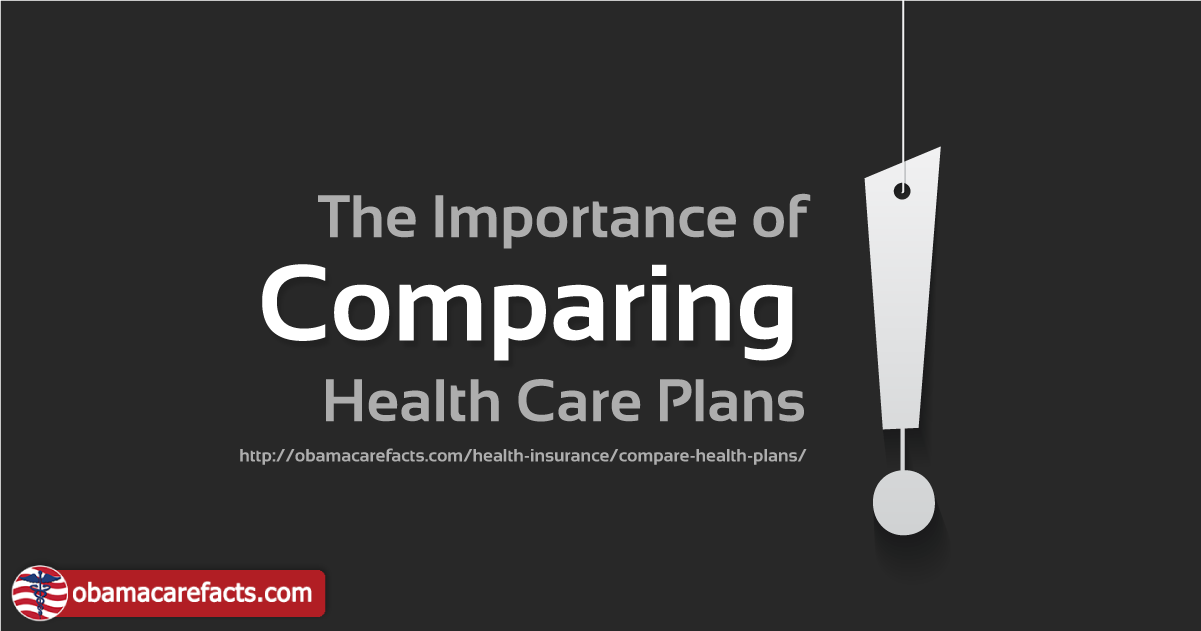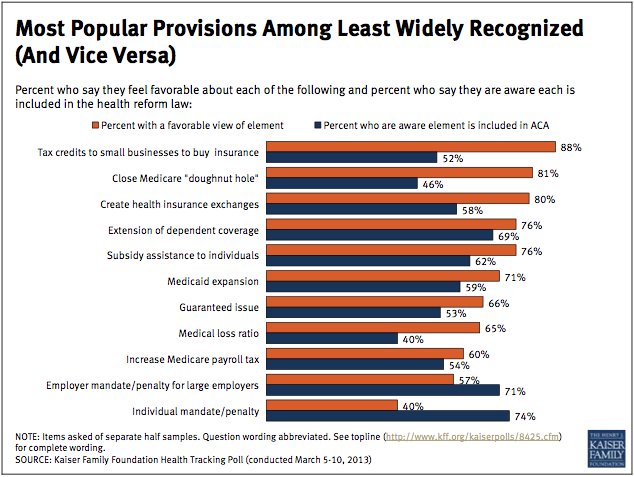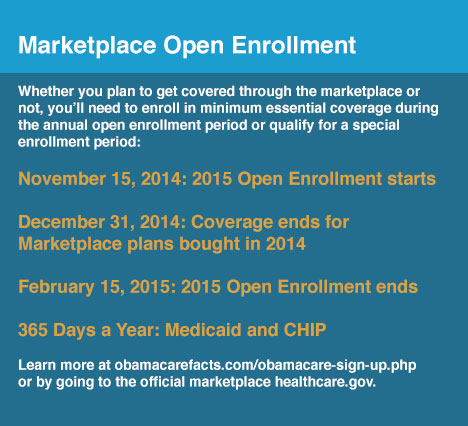Health Insurance Coinsurance







What is Health Insurance Coinsurance? In health insurance, coinsurance is your share of costs of the allowed amount for a covered service after you reach your deductible. Coinsurance is different from a copay which is a fixed dollar amount for services and is not typically dependent on meeting your deductible. How does Coinsurance Work? Each service or drug that is subject… Read More


